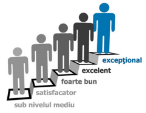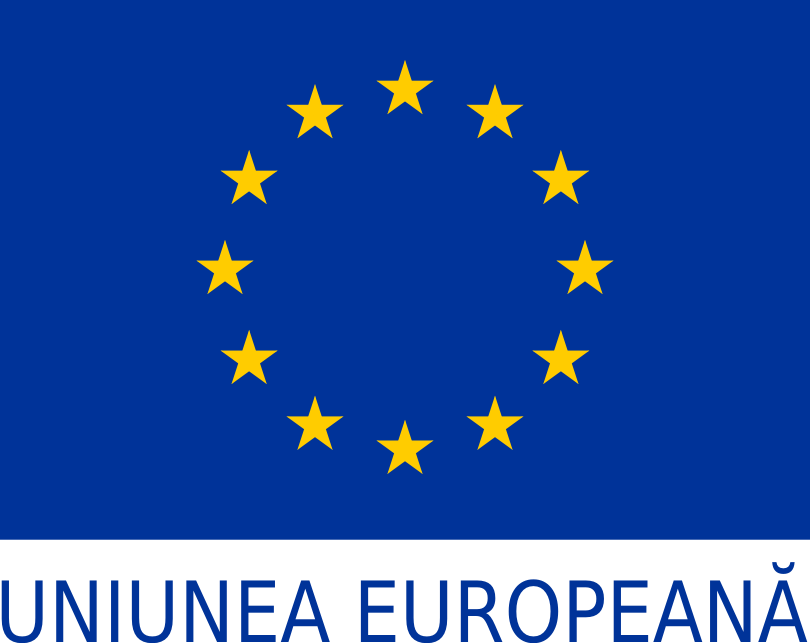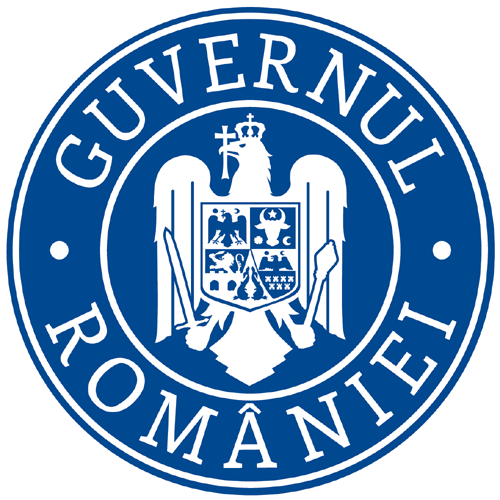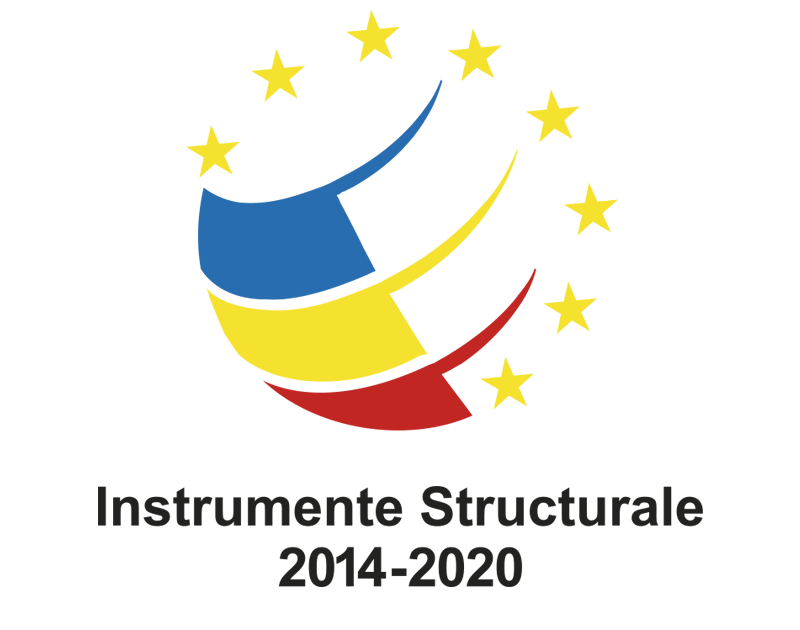Activitatea 8 - Elaborarea și implementarea unui plan de instruire și schimb de experiență - extins
For members of the evaluation units
- October 24-25, 2019 – Theory of change/program theory
The objective of the training session was to increase the competences of UdE members in terms of the place and role of the theory of change in the evaluation; logical structure of the theory of change, how to develop, use and evaluate a theory of change and differences/similarities between theoretical models of change and logical models of the program
The full set of training materials is available here
- February 27, 2020 - Development of the evaluation design I
The objective of the training session was to increase the competences of the members of evaluation units in relation to the definition of the evaluation design, how it is carried out and what quality criteria it must meet. Following the participation in the training session, evaluation unit members acquired and strengthened their knowledge of the main elements of the design of an evaluation as well as skills in developing an evaluation matrix.
The full set of training materials is available here
- March 10, 2020 - Indicators
The objective of the training session was to increase the competences of evaluation units members in relation to the indicators of ESI-funded operational programmes, in line with the current legislative framework (programming period 2014-2020) and to prepare the members for the future programming period (2021-2027). The training session also covered the following topics: types of indicators, their characteristics, quality criteria of indicators (SMART; CREAM; robustness, statistical validity), data sources, data collection procedures by type of indicators, methodologies for identifying the baseline value and targets of indicators.
The full set of training materials is available here
For members of the coordination committees
- November 20-22, 2019 - Strengthening the capacity of the ECC in the field of evaluation - horizontal training
The objective of the training session was to increase the competences of ECC members regarding the main aspects of evaluation: to carry out the assessment of the evaluability of an intervention, the most important methods/tools of evaluation (qualitative and quantitative), including their particularities and quality criteria, and to develop the design of the evaluation (including criteria and evaluation questions).
The full set of training materials is available here
- December 11-12, 2019 / January 14-15, 2020 / February 11-12, 2020 - Evaluability and quality control
The sessions dedicated to evaluability and quality control have been specially developed to strengthen the capacity of ECC members in direct connection with their tasks. The ECC members thus analyse the specifications for the evaluations, and from this perspective a correct understanding of the feasibility and the opportunity of the exercise is necessary. At the same time, the members of the ECC contribute to the evaluation process but, in particular, they analyse the quality and approve the evaluation reports. From this perspective, it is necessary for them to master the criteria and sub-criteria of the process and the results of the evaluation.
The full set of training materials is available here
For members of the Functional Working Group for the Evaluation of Performance
- October 30 - November 1, 2019 - Strengthening the capacity of the FWGEP in the field of evaluation - horizontal training I
The objective of the training session was to increase the competences of FWGEP members in relation to the main aspects of evaluation: types of evaluations, evaluation questions, programme theory as a starting point in the evaluation, quantitative data and related methods of analysis, qualitative data and related methods of analysis, programme indicators, design and quality control of evaluation (process and results).
The full set of training materials is available here
- January 27-28, 2020 - Indicators
The objective of the training session was to increase the competences of FWGEP members in relation to the indicators of ESI-funded operational programmes, in line with the current legislative framework (programming period 2014-2020) and prepare the members for the future programming period (2021-2027). The training session also covered the following topics: types of indicators, their characteristics, quality criteria of indicators (SMART; CREAM; robustness, statistical validity), data sources, data collection procedures by type of indicators, methodologies for identifying the baseline value and targets of indicators.
The full set of training materials is available here




